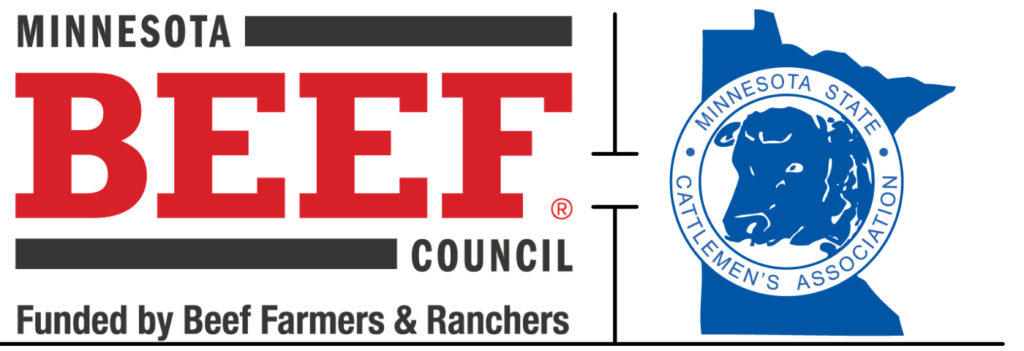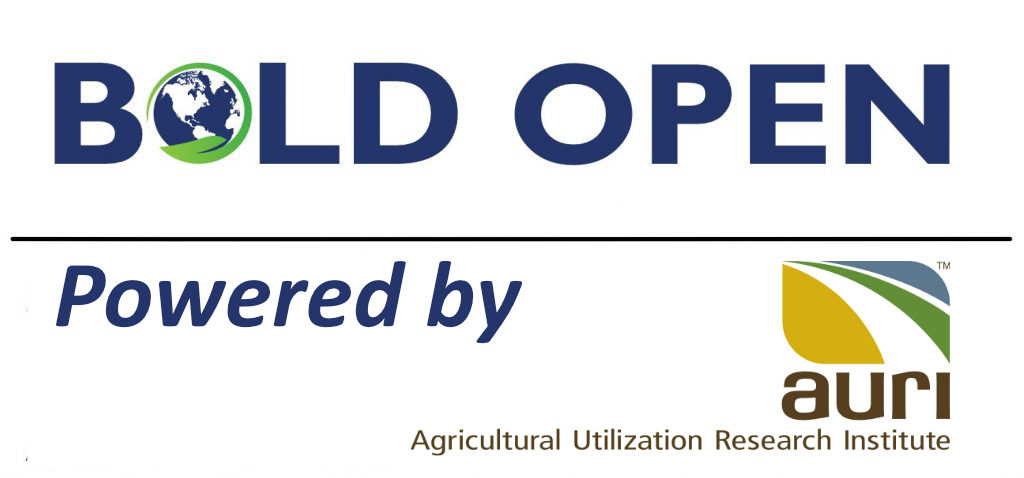
Beef Production Sustainability Resource Framework
Open Innovation Challenge:
The Minnesota State Cattlemen’s Association and Minnesota Beef Council are seeking a framework that outlines options, risks and opportunities that can result from adopting sustainability practices on a MN beef operation. Cattle farmers and ranchers are the original conservationist – utilizing resources and land not suitable for crop production and then converting into high quality protein. With the increased interest and investment in research on innovative sustainability practices, there is a large amount of information and resources. However, the shortcomings we have in the beef industry is producer access and knowledge of how to implement these practices on their operation. Many farmers and ranchers are unaware of the monetary investment, timeline, economic outcome, and operational benefits that can accompany these implemented practices thus hindering the adoption. Similarly, many producers are skeptical that these practices are beneficial and are unsure about how to best incorporate them with their current production system. Our two organizations are searching for a framework that outlines the different beef production and cropping sustainability practices, monetary investment, and what impacts they should expect from each practice. With this framework, we expect to answer producer skepticism and give direction on how best to incorporate sustainability practices.
Reason for Seeking External Innovation Partnership:
Unlike other animal protein industries, the beef industry is a proudly segmented industry. Although this allows independence for beef farmers and ranchers, it also brings along a wide array of challenges. Minnesota is home to over 20,000 cattle farms ranging from beef only to crop and beef operations. The uniqueness of each operation makes implementing protocols and practices a challenge and often requires protocols tailored to the operation. Additionally, the options, opportunity, and risk associated with adopting new production practices vary based on the type of operation. Our group seeks a framework that includes the consolidation of best management practices and standard operating procedures associated with each of these practices based on research and on farm implementation. The consolidation of these will allow producers to better understand how to implement these practices on their unique operations.
Additionally, beef farmers and ranchers operate on tight margins making the decision to adopt new practices often an economic challenge. A framework outlining the economic investment in relation to profitability associated with different sustainable practices will direct the discussions with financial advisors, farm business managers and/or loan officers. Finally, as it related to profitability, we would like expected crop and forage yields associated with sustainable cropping practices to be included in this framework. Decisions related to farming are often linked to yield and if a practice will reduce yield producers are less likely to adopt.
Solutions Not of Interest:
- Proposals eliminating or reducing beef production or consumption.
- Adding personnel to either organization to address challenge outcomes.
Company Background:
The Minnesota Beef Council is funded and managed by beef farmers and ranchers to provide beef promotion, marketing, research and education programs regarding beef and beef products. Funded by the Beef Checkoff, the Council works within the limits of the Act and Order on core strategies and goals set forth by the Board including: Protecting and enhancing the business climate for beef; growing consumer trust in beef and beef production; promoting and strengthening beef’s value proposition and drive growth in beef exports. Separate from the MBC, the Minnesota State Cattlemen’s Association (MSCA) is a grass roots non-profit membership organization advocating on behalf of members to ensure cattle production remains relevant, safe, and a sustainable way of life for generations to come in Minnesota. The MSCA works to advocate on behalf of and from direction from its membership on issues and opportunities that affect cattle production on the State and National level.
